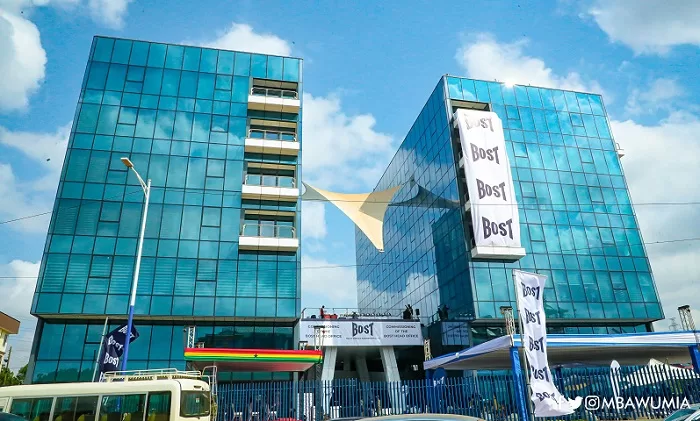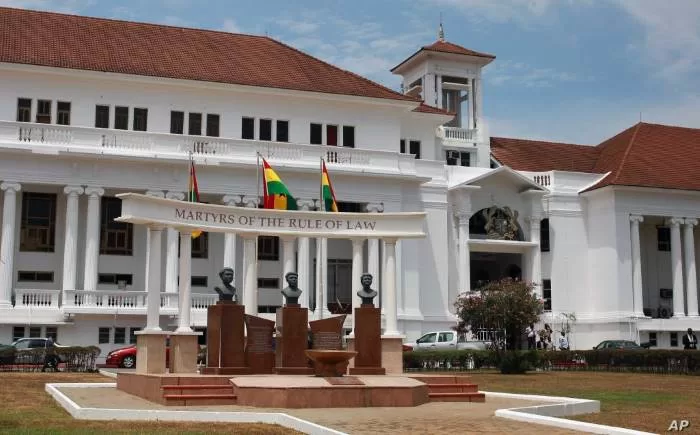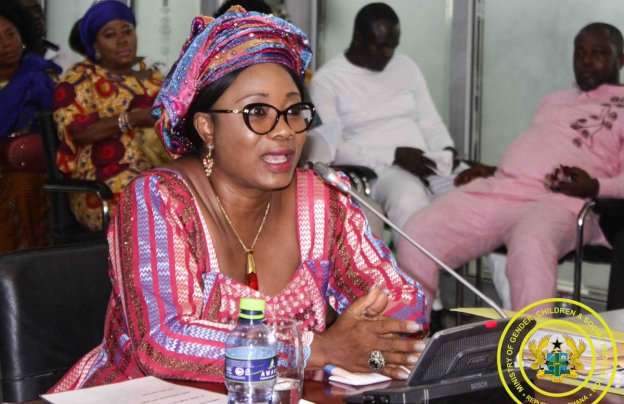The Vice President, Dr Mahamudu Bawumia, has challenged State Owned Enterprises to aggressively review their activities in order to fulfil the aspirations for which they were established and also contribute their quota to national development.
Commissioning an ultra-modern Head Office for the Bulk Oil Storage and Transportation Company Limited (BOST) in Accra on Wednesday, 15th March, 2023 Vice President Bawumia said a well-focused and –managed SOE is crucial to sustained national development, and it is important that the Managements and Boards of such entities live up to expectation.
“I was delighted when I was informed that for the first time in ten years, BOST made a profit of GHS 163 million in 2021. It is evident that the turnaround of BOST has taken root. I would like to congratulate the Board, Management and staff for ensuring their stewardship and prudent Management of resources on behalf of the Government and people of Ghana. This should be the blueprint for SOEs to enable them to contribute to the execution of government policies. Imagine if 100 SOEs each made GHs163 million profit,” he emphasized.
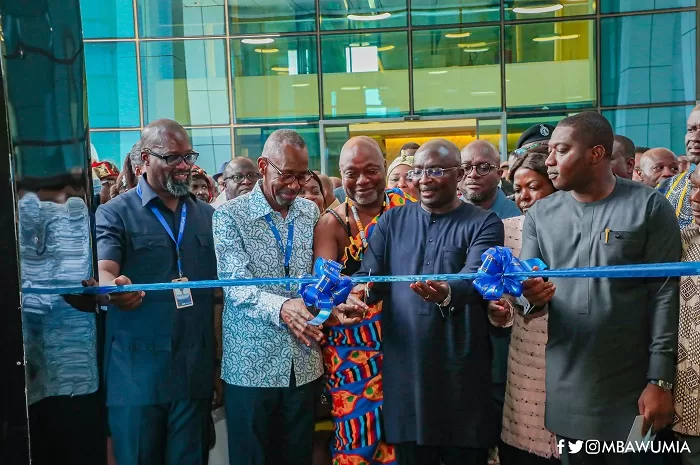
History
Established in 1993, BOST operated mainly as a monopoly in the petroleum products storage and sales business until 2004 when the Government liberalized the sector by introducing privately owned Bulk Distribution Companies (BDCs).
At some point in its history, despite its wide geographical presence across the country, with assets such as storage facilities, pipelines and marine infrastructure, BOST could not fulfil its mandate due to a number of reasons, including the freezing for almost a decade of the BOST margin, intended for developing, operating and maintaining the company’s storage and transmission infrastructure. This resulted in the lack of investment in the maintenance and upgrading of the infrastructure.
Furthermore, inadequate management systems and corporate governance led to significant operational losses recorded by the company.
The records indicate that as at 2017, BOST was saddled with trade liabilities of USD 624 million, legacy loans of GHS 284 million, BDC claims of USD 37million, CAPEX liability of USD 109 million and GRA tax liability of GHS 47 million
Additionally, 30% percent of BOST tanks had been decommissioned, with 3 out of the company’s 6 depots non-operational; 4 river barges were out of commission; the total network of pipelines (361km) across the country were out of service and 77 kilometres of 12 inch pipes, procured under a US EXIM facility, had been detained in Houston for over 10 years as a result of contractual disputes.
BOST accounts had also been unaudited for 3 years, making it difficult to determine the company’s financial position.
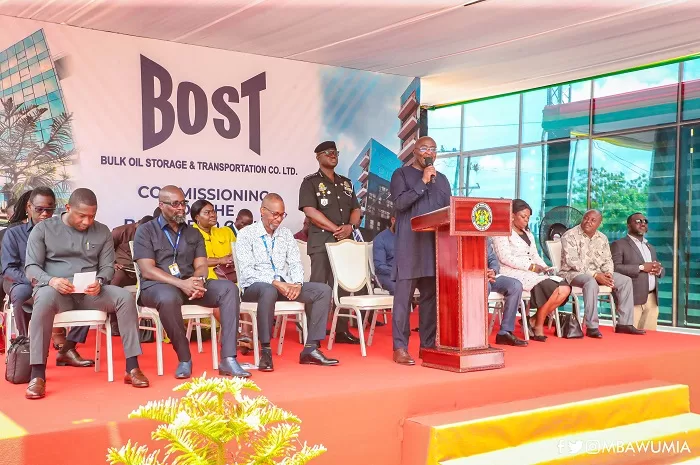
Turnaround
But, through the proactivity and major reforms undertaken by the present Board and Management, “I must say, and it deserves to be said loudly, that BOST is now a shining example of an effectively run State-Owned Enterprise” Vice President Bawumia declared.
He continued, “I am delighted to state that between 2017 and now, 13 out of the 15 defective tanks have been repaired, all 4 river barges have been fixed, all pipelines which were out of service have been repaired whilst obsolete pumps, meters, and loading arms have been replaced at BOST depots.
“The result has been an increase in the utilization of BOST’s revenue-generating assets from 34% in 2019 to its current level of 97%. The increase in the BOST margin, from 3 to 6 pesewas per litre in 2019 and subsequently to 9 pesewas in 2020, has contributed significantly to the execution of these projects. The turnaround of the business is significant, and this is demonstrated by the improved operational efficiency,” he noted.
The Chairman of the Board, Ekow Hackman, hinted of even more reforms in the company’s operations, including automation of BOST depots across the country.
The new office structure, conceived in 2014 but bedevilled by challenges over the years, has 7 floors, including a Board Room and office suites, and a 100 lot car park.








